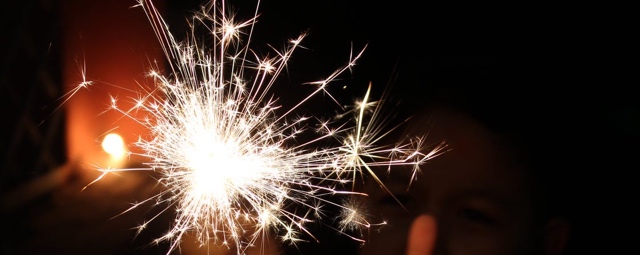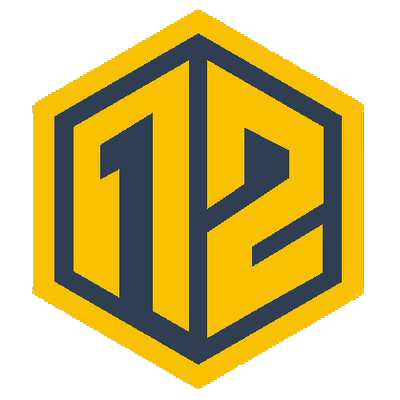Firing a gun. It’s a pretty appropriate metaphor—intensity, power, ultimate damage and possible destruction … and nothing to stop it. This is addiction in many ways. But it all starts with a trigger, especially early in the process of recovery. It’s important for someone managing their sobriety to remember the destructive power of addiction is constantly there. It might be below the surface, but it exists, and many aspects of life can work as triggers to fire the gun of addiction.
A relapse trigger is anything that gives a person a reason or a justification to return to using a substance. It’s a text from a drug dealer, a pill bottle in the bathroom at a family party, the anniversary of when you lost a friend, anything that encourages you to take that first catastrophic step back into the grips of addiction.
Addiction is a disease that affects how our brains actually work. Environmental cues can boost dopamine (the “feel good” chemical) in the brain. This means that when you come in contact with certain things that your mind associates with a fix or a high, dopamine is actually released. So you start wanting more, and you know exactly how to get it. It’s the start of an urge, and it doesn’t happen because you are a bad person. It is simply the way our brains are wired. This what is happening when we come in contact with a relapse trigger.
So what can we do to manage triggers?
Identify them
Be aware of some specific trigger possibilities in your life. Know the people, places, and things that could cause urges to surface.
People: Do you associate old friends, a former spouse or significant other, family members, co-workers with getting high?
Places: Are there places that have connections to substances in your life and could cause to begin to revert to your addiction? An old neighborhood, a sports arena, raves, parties, bars, clubs, hotels, worksites, bathrooms, music or concerts?
Things: Money, pill bottles, movies, substance paraphernalia, all of these things that once were associated with the immediate pleasure of your high have the distinct possibility of causing the brain to rev its dopamine engines and get your urges going.
Life Events: Holidays, anniversaries, parties, funerals, job loss, job promotion—good things or bad, our brains will tell us the way to make it better is with the addition of a substance.
Internal Triggers
Beyond the external aspects of life, our urges can be roused just as easily by emotions and internal experiences. This could include “good” feelings (celebration, sexual arousal, excitement, confidence) as well as “negative” ones (social anxiety, stress, boredom, exhaustion, loneliness). Humans are a complex web of thoughts, emotions, and associations, and any of them have the potential to give someone a self-justification for going back to their addiction.
It’s a good idea to remember the HALT acronym. Anytime you are Hungry, Angry, Lonely, or Tired you are emotionally and physically susceptible to giving in. But this is why recovery is not built on willpower alone. With a good program it’s possible to create a plan for understanding and managing triggers and getting help from your support when necessary.
Get Redundant
Once you have identified potential triggers, it’s time to protect yourself and your sobriety. Protection is not an act of weakness; it keeps us in a situation where we can actively live full creative and powerful lives. Protection is strength.
Rock climbers use the term redundancy to make sure they are protected. It is the idea of making sure safety measures are doubled. Sometimes tripled. That way if one fails the other one will hold. This is a life-saving technique. This is safety in an arena of truly living.
So for the addict what does it take to keep clean? Redundancy on managing our triggers—the connections our brain makes between actions, physical addresses, sounds, smells, sights, stress, old friends, times of the year or anniversaries of life events or tragedies. In some cases we simply need to avoid them. In other cases, simple awareness and a sponsor or other support person on speed dial is what it takes. But make a plan. And have a backup plan, too.
The good news is that if you are working a quality program, the urges will go away. But triggers can pop their heads up no matter where you are in your recovery process, so constructing skills on how to manage them is vital.
Do You Need Help?
Are you in a situation where you or your loved one have already relapsed, and you’re not sure what to do? Here is more information on why a detox program is the best step for you: Why a Drug Detox Is Needed Before Rehab.
Or are you ready now to talk to one of our specialists on our safe and comfortable detox program? Please call us today: 888-590-0777 and find out how our individualized programs can help you achieve lasting recovery.




